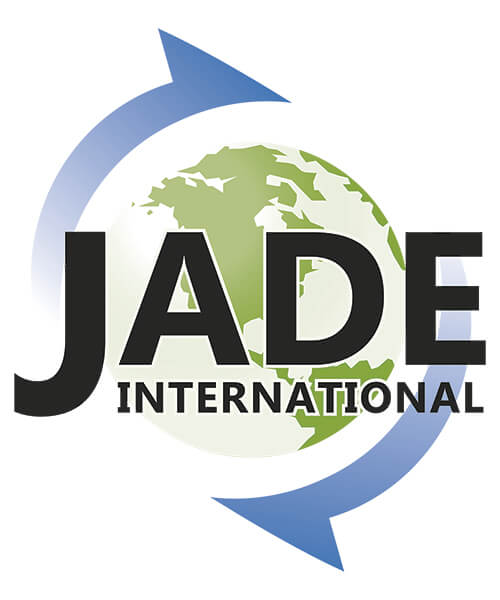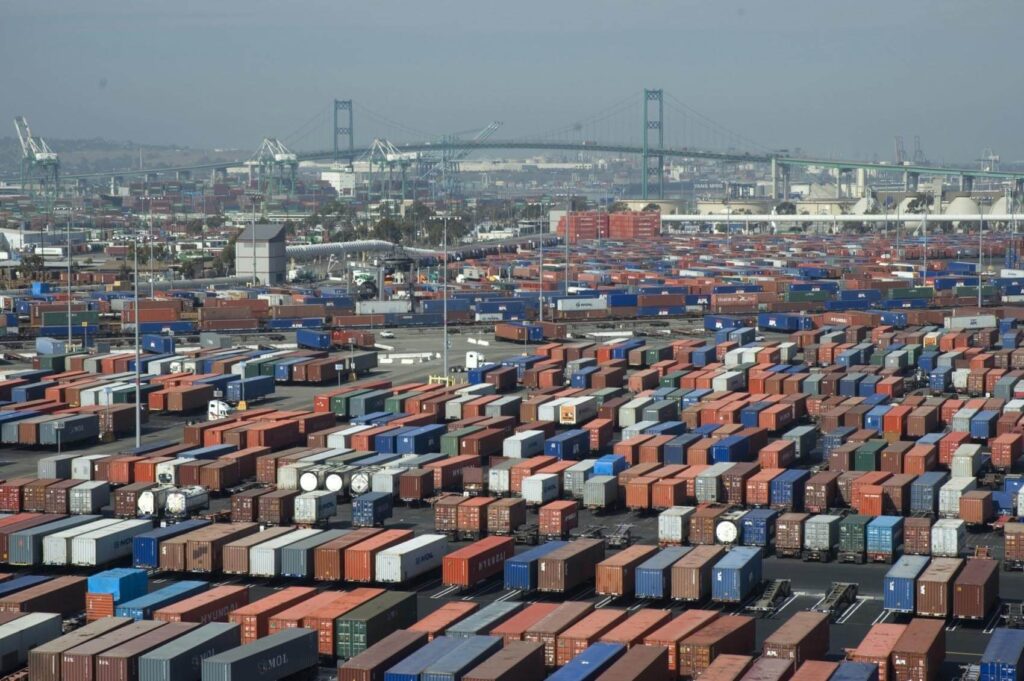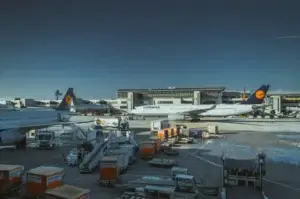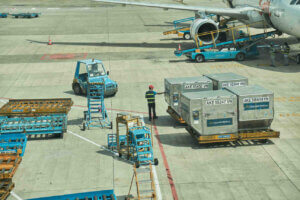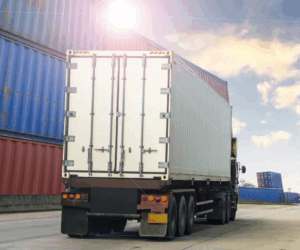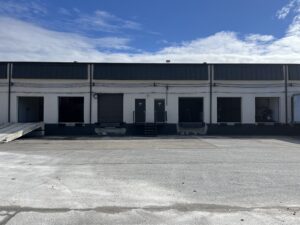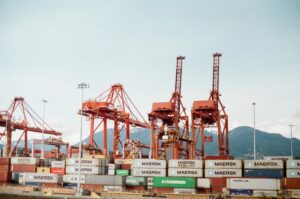Importing goods into the United States can feel like navigating a labyrinth of regulations, paperwork, and compliance requirements. For businesses looking to expand their global reach or optimize their supply chain, understanding the role of customs brokerage becomes essential. With approximately 14,454 active licensed customs brokers in the United States, these professionals serve as the critical bridge between international commerce and domestic markets.
What Is Customs Brokerage?
Customs brokers are private individuals, partnerships, associations or corporations licensed, regulated and empowered by U.S. Customs and Border Protection (CBP) to assist importers and exporters in meeting Federal requirements governing imports and exports. Think of them as specialized intermediaries who speak the complex language of international trade regulations fluently.
These licensed professionals do far more than simply file paperwork. They are intermediaries who facilitate the movement of goods across international borders by managing the customs clearance process. They ensure your shipment complies with all applicable laws, tariffs, and taxes and clears the borders without any disruptions. In essence, they transform what could be a bewildering process into a manageable, systematic operation.
The customs brokerage industry has undergone significant modernization in recent years. CBP published two Final Rules on October 18, 2022, Modernization of the Customs Broker Regulations (87 FR 63267) and Elimination of Customs Broker District Permit Fee (87 FR 63262). The Final Rules are effective as of December 19, 2022. These changes reflect the government’s commitment to streamlining processes while maintaining robust oversight of international trade.
For importers, this modernization means more efficient customs consulting services and clearer pathways for compliance. The regulatory updates have also enhanced the capabilities of customs brokerage services, making them more responsive to the needs of today’s fast-paced global economy.
Core Services That Drive Success
Professional customs brokerage encompasses a comprehensive suite of services designed to ensure smooth international cargo shipping. Customs brokers ensure that the movement of goods complies with all necessary laws and regulations. In fact, they file all required documentation, manage customs clearance, obtain necessary permits, resolve issues, reduce costs, and process duties and fees on your behalf.
The scope of services typically includes assistance in classification of goods according to the Harmonized Tariff Schedule, calculation of duties and taxes, preparation and submission of entry documents, and coordination with other agencies when specialized permits are required. Many brokers also offer tariff consulting to help businesses understand the financial implications of their import strategies and identify opportunities for cost savings through trade programs and preferential agreements.
Beyond the basic clearing functions, experienced brokers provide strategic guidance on supply chain optimization. They work closely with freight forwarding partners to ensure that ocean freight services and air freight forwarding are coordinated seamlessly with customs clearance processes. This integration is particularly valuable for businesses managing complex international logistics solutions that involve multiple transportation modes and jurisdictions.
Why Professional Expertise Matters
The complexity of modern trade regulations makes professional customs brokerage indispensable for most businesses. Customs compliance extends far beyond simple documentation. It requires deep knowledge of product classifications, origin rules, trade agreements, and security requirements that change regularly. They can also help you avoid costly delays and penalties for non-compliance. That makes their fees an investment, not an expense, especially if imports are a major part of your business.
Consider the potential consequences of errors in the import process: shipments held at the border, unexpected duty assessments, penalty notices from CBP, and disrupted supply chains. Professional brokers help businesses avoid these pitfalls through their expertise and systematic approach to compliance. They stay current with regulatory changes, understand the nuances of different product categories, and maintain relationships with CBP personnel that can be invaluable when issues arise.
The financial benefits extend beyond avoiding penalties. Experienced brokers often identify opportunities for duty savings through proper classification, free trade agreement benefits, or special trade programs. They can also advise on supply chain strategies that optimize costs while maintaining compliance, such as the use of bonded warehousing for certain operations.
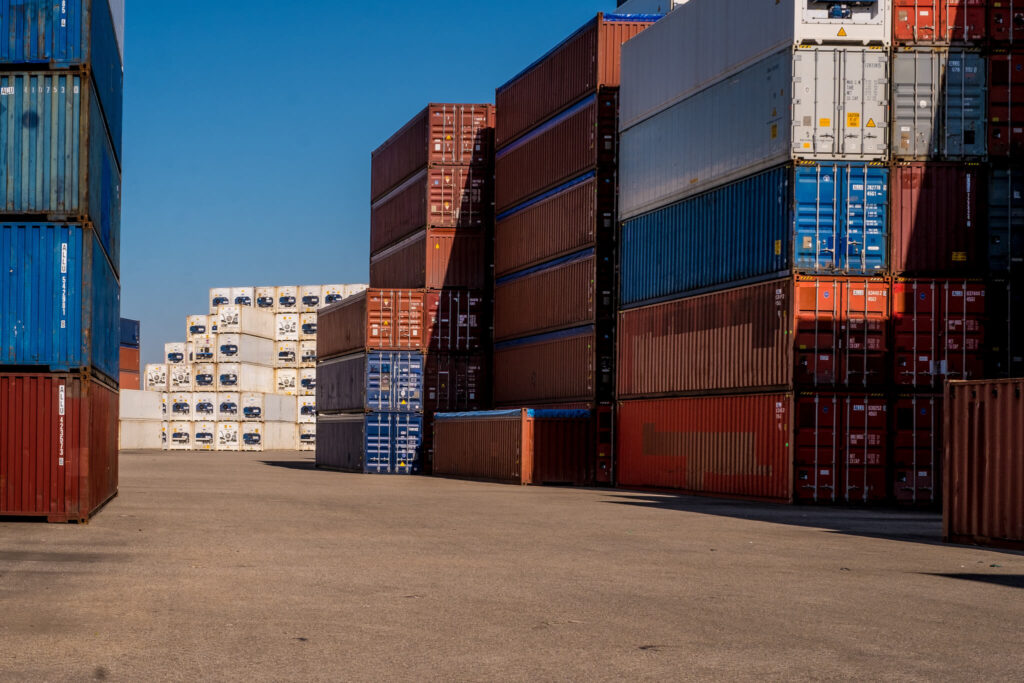
Integration with Global Logistics
Modern customs brokerage doesn’t operate in isolation, it’s an integral component of comprehensive international logistics solutions. The most effective approach combines customs expertise with broader freight management capabilities. This integration ensures that ocean freight services, air export operations, and domestic shipping components all work together.
For businesses utilizing sea freight services, customs brokers coordinate with sea freight forwarders to ensure that documentation is prepared correctly before vessels arrive in port. This advance preparation reduces dwell time and accelerates the release of cargo. Similarly, for air freight forwarding operations, brokers work to ensure that express shipments clear customs quickly to maintain tight delivery schedules.
The relationship between customs brokerage and warehousing operations is particularly important for businesses that need to store goods temporarily upon arrival or consolidate shipments for distribution. Many international logistics companies offer integrated services that combine customs clearance with warehouse operations, creating efficiencies and reducing handling costs.
Choosing the Right Customs Brokerage Partner
Selecting an effective customs brokerage partner requires careful consideration of several factors. Look for brokers with specific experience in your industry and product categories, as different commodities often have unique regulatory requirements. Technology capabilities are increasingly important. Modern brokers should offer electronic documentation, real-time shipment tracking, and automated compliance monitoring.
Geographic coverage matters, especially for businesses importing through multiple ports. Some brokers specialize in specific regions or ports, while others offer nationwide coverage. Consider your growth plans and whether your broker can scale with your business expansion.
Communication and responsiveness are critical factors that often distinguish exceptional brokers from merely adequate ones. Import operations often require quick responses to unexpected situations, and having a broker who is accessible and proactive can make the difference between minor delays and major disruptions.
Partner with Jade International for Expert Customs Solutions
At Jade International, we understand that successful importing demands a strategic partnership that supports your business growth. Our experienced team combines deep customs brokerage expertise with comprehensive international logistics solutions to ensure your imports flow smoothly from origin to destination.
With our integrated approach to freight forwarding, customs clearance, and supply chain management, we transform the complexities of international trade into competitive advantages for your business. Whether you’re shipping via ocean freight services, coordinating air freight forwarding, or managing complex cross-border logistics, our team provides the expertise and personalized service that keeps your operations running smoothly.
For businesses ready to navigate the complexities of U.S. imports with confidence, partnering with experienced customs brokerage professionals like Jade International represents a strategic advantage that supports growth, efficiency, and compliance in an increasingly complex regulatory environment.
